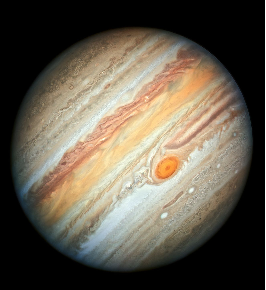New names for very large and very small weights and sizes have been adopted.
Last November's meeting of the General Conference on Weights and Measures wasn't covered by the major media outlets so you probably don't know that the mass of an electron is now one rontogram and the diameter of the universe is about one ronnameter [SI units get new prefixes for huge and tiny numbers].1
The official SI prefixes for very large things are now ronna (1027) and quetta (1030) and the prefixes for very small things are ronto (10-27) and quecto (10-30).
This is annoying because we've just gotten used to zetta, yotta, zepto, and yocto (adopted in 1991). I suspect that the change was prompted by the huge storage capacity of your latest smartphone (several yottabytes) and the wealth of the world's richest people (several zeptocents). Or maybe it was the price of houses in Toronto. Or something like that. In any case, we needed to prepare for kilo or mega increases.
The bad news is that the latest additions used up the last two available letters of the alphabet so if things get any bigger or smaller we may have to add a few more letters to the alphabet.
1. A friendly reader has pointed out that my title should have been "The mass of Jupiter is two quettagrams." My bad.

6 comments :
"if things get any bigger..."
I nominate the OMEGAbyte. For exceptional volumes of bs: "Stephen Meyer's tome contained some fifty OMEGAbytes of misinformation".
These are getting uncomfortably close to proposed names for new Marx brothers.
A gram (or quettagram) is a unit of mass, not weight. So, "Jupiter's mass is two quettagrams" would be the correct heading for the post.
@unknown
You forgot that Jupiter was weighed on Earth at sea level. Scientists built a huge scale that was 3.7 ronna attoinches in diameter.
(Point taken, thanks.)
Wasn’t it Archimedes who said that given a lever and a place to stand on, he could move Jupiter?
No, he's the one who let Jupiter sink into the sea after it had been weighed, to see if it was made of gold.
Post a Comment